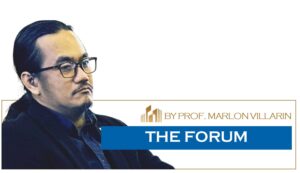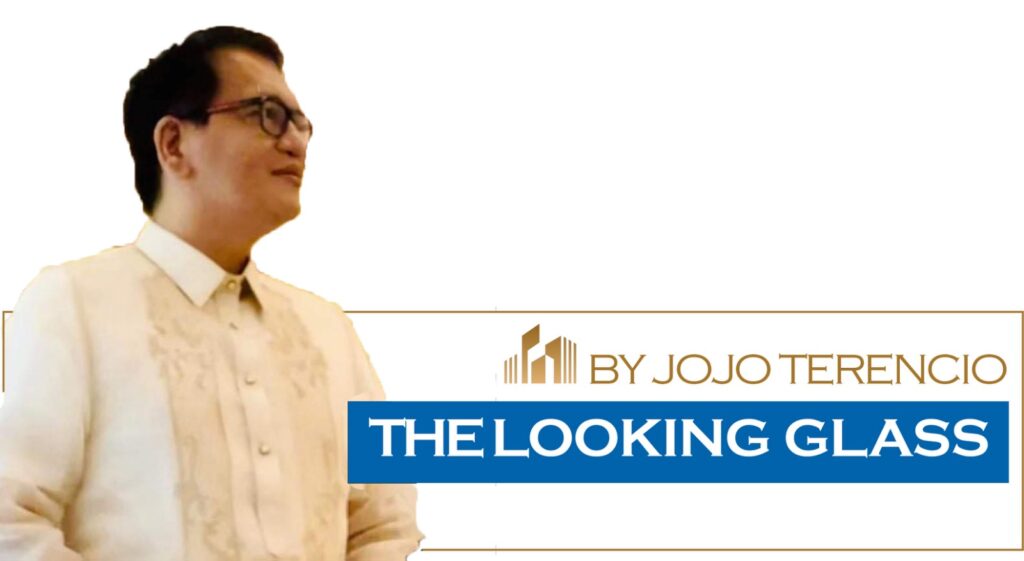The recent developments surrounding Former President Rodrigo Duterte’s trial at The Hague for his controversial “War on Drugs” have stirred a sense of cautious optimism among the families of victims of extrajudicial killings (EJKs) and human rights advocates. For many, this marks the beginning of a long-overdue path toward justice for those who suffered under a regime characterized by its flawed enforcement of drug policies. However, as we look deeper into the implications of the current situation, it becomes evident that the circumstances are far more complex and politically charged than they initially appear.
At first glance, the prospect of holding Former President Rodrigo Duterte accountable appears to be a significant step forward for the rule of law in the country. The International Criminal Court (ICC) has the authority to investigate grave crimes, including EJKs, which were rampant during Duterte’s administration. However, the legality of the ICC’s jurisdiction over Duterte’s case raises crucial judicial questions.
The Philippine government, under President Ferdinand Marcos Jr., has been vocal in its refusal to cooperate with the ICC, citing national sovereignty and the belief that the Philippines can effectively address these issues through its own legal system. This stance, while seemingly principled, is deeply troubling when examined in the context of the Marcos administration’s broader political strategy. The Marcos administration have strategically take the current situation and used the Interpol and the ICC as its political shield, it appears that the BBM administration is more focused on consolidating its power and stifling political opposition than on genuinely addressing the violent legacy of Duterte’s regime. This strategy sends a chilling message to those who dare to dissent: the government will not hesitate to use its authority to silence criticism under the guise of protecting national interests. This political maneuvering threatens to the very foundations of democracy in the Philippines.
The Marcos administration’s approach in crucifying the Dutertes not only reflects a blatant disregard to rule of law and democracy, it also suggests a willingness to prioritize political survival over the rule of law. The chilling effect on dissent is palpable; the government’s actions suggest that expressing opposition to the administration could be construed as sedition, rather than a vital component of a healthy democratic discourse. This is reminiscent of the darkest periods in Philippine history, where dissent was met with repression, and freedom of expression was curtailed in the name of national security. Moreover, the role of the media in this political landscape cannot be overlooked. The mainstream media, which should serve as a watchdog and a platform for diverse perspectives, has often fallen short in providing balanced and accurate representations of the facts.
In a society where misinformation and disinformation spread like wildfire, the failure of media outlets to uphold journalistic integrity is a disservice to the public. Instead of fostering informed debate, many outlets contribute to a distorted narrative that benefits those in power while silencing the voices of the marginalized. The implications of this media landscape are profound. When the public is bombarded with skewed information, the ability to engage in constructive discourse diminishes. Citizens become passive consumers of information rather than active participants in democracy. This is not merely an issue of journalistic ethics; it is a fundamental threat to the democratic fabric of the nation. Without a robust and independent media, the public is left vulnerable to manipulation, and the space for dissent shrinks ever further.
The legal challenges surrounding Duterte’s case should not be viewed solely through the lens of judicial proceedings; they must also be understood as part of a broader struggle for accountability and transparency in governance. Civil society organizations, human rights advocates, and concerned citizens must remain vigilant and engaged, advocating for reforms that uphold the rule of law and protect the rights of all Filipinos.
In this context, the call for justice for the victims of EJKs should not be conflated with a simplistic narrative of retribution against Duterte. Instead, it should be grounded in a commitment to truth and reconciliation. The Philippines must confront the painful legacy of the past, not only to honor the memory of those lost but also to ensure that such atrocities are never repeated. This process requires a collective effort to dismantle the systems of oppression that have allowed impunity to flourish. The “War on Drugs,” while ostensibly aimed at curbing drug-related crime, has often exacerbated the very conditions it sought to rectify. A comprehensive approach that prioritizes rehabilitation, education, and social services is essential for fostering a safer and more just society.
While national sovereignty is paramount, it should not be used as a shield to evade accountability. The global community has a vested interest in ensuring that human rights are upheld and that justice prevails. Diplomatic pressure, support for civil society, and a commitment to multilateralism are vital components of a robust response to the challenges facing the Philippines today.
The trial of Former President Duterte at The Hague represents more than just a legal proceeding; it symbolizes a critical juncture in the Philippines’ journey toward justice and accountability. However, the political maneuvering of the Marcos administration, coupled with a compromised media landscape, poses a significant threat to the democratic ideals we hold dear. As citizens, we must remain steadfast in our commitment to uphold the principles of justice, transparency, and dissent, advocating for a future where all voices are heard, and where the rule of law prevails over political expediency. The path forward may be fraught with challenges, but it is a journey that we must undertake together if we are to build a more just and equitable society for all Filipinos.




